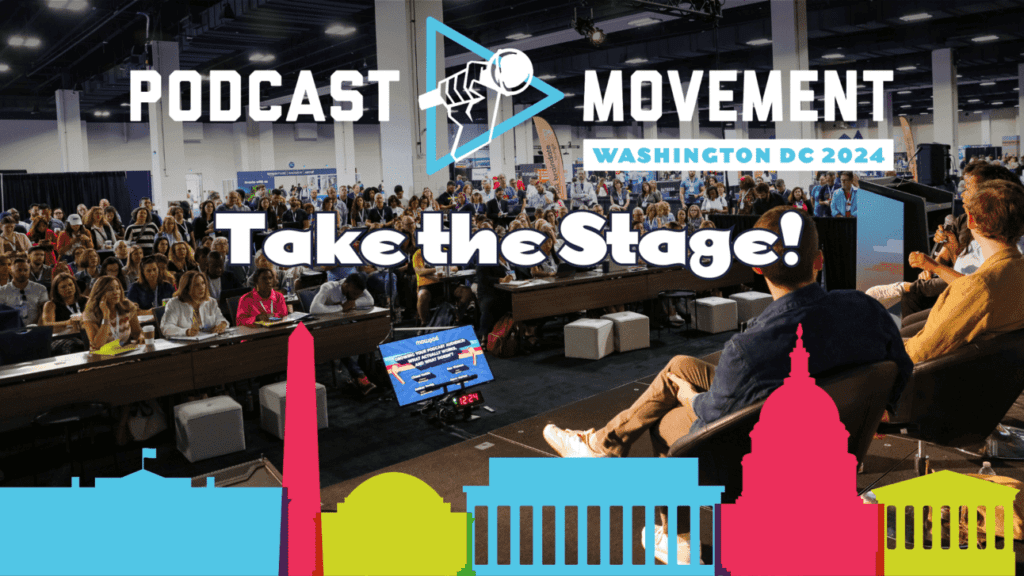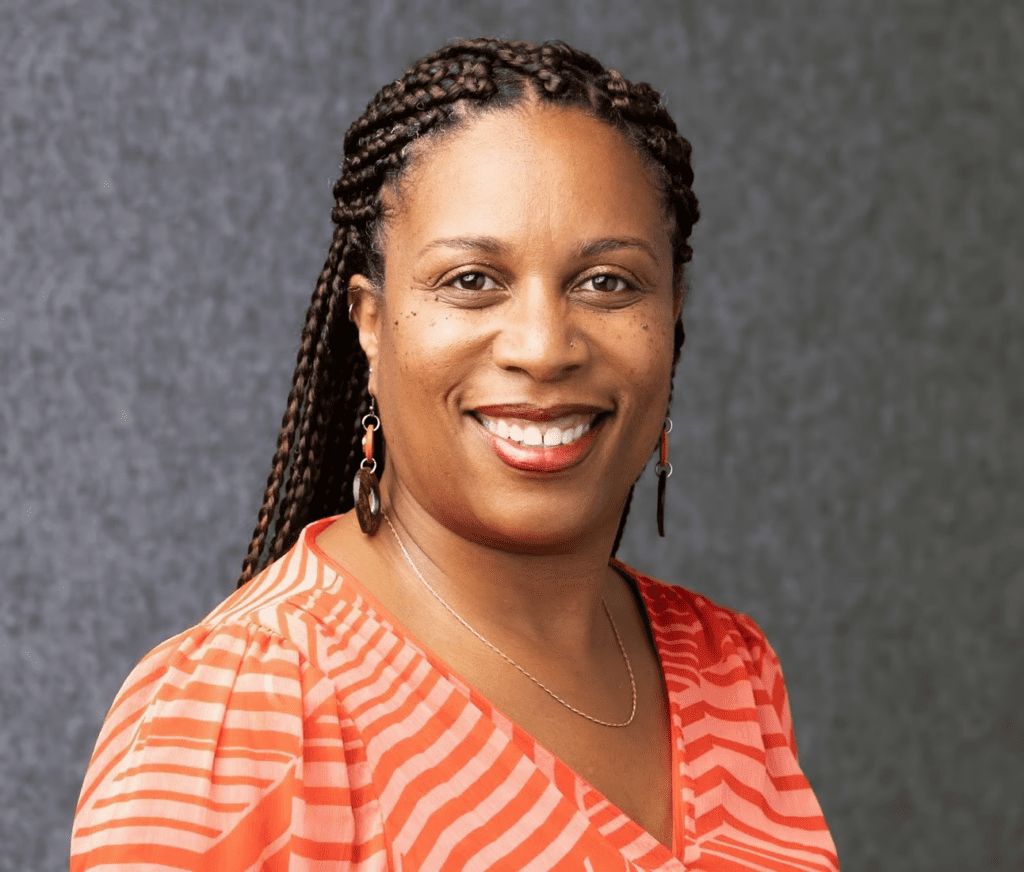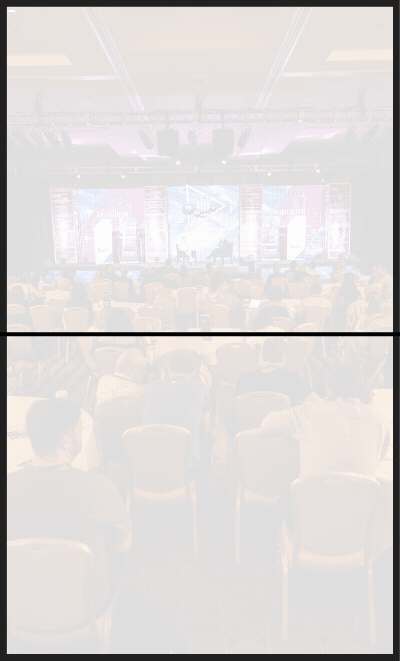
Presented by Podcast Movement 2024
Don’t wait for inspiration. It comes while working.
Henri Matisse
👯 Relationships > Talent
Being good at what you do isn’t always enough when seeking to grow or advance your podcasting career. There’s a simple reason: People are more willing to work with those they like, often placing how the person gels with the team over the quality of their work.
This means the person selected to do the job isn’t always the one who will do the job best.
This happens in every industry. A major client continues a long-term relationship with an advertising agency that does above-average work because of their frictionless relationship. A podcast works with a writer because they know them and trust them to deliver quality scripts on time—even if their creativity isn’t mind-blowing.
It’s better to be good and liked than to be the best and have nowhere to turn.

THREE DAYS TO GO: Apply to speak at PM24!
We are now accepting applications to speak at this year’s Podcast Movement from August 19-22 in Washington, D.C., but the cutoff is this Friday, May 3!
We’ve got an all-new format as it comes to tracks and stages, so make sure to read about it prior to submitting. Selection will be more competitive than ever before, but we invite everyone to throw their name in the hat!
Once again, applications close this Friday, May 3, so if you’d like to throw your hat in the ring, apply now!
🎙️ Signal Flow: Dawn Fraser
Industry game changers and valiant minds from creative professions share their wisdom, adversities, and paths to innovation.

Dawn J. Fraser is a storyteller, podcaster, and nationally acclaimed communications coach based out of San Jose, CA. She’s the Founder/ CEO of Fraser’s Edge, Inc, which provides coaching and consulting services for businesses, thought leaders, and creatives to develop their leadership potential through storytelling. Past clients have included Google, the Gates Foundation, and Spotify, as well as many notable celebrities. Dawn serves as a Senior Producer at the Stanford Storytelling Project, a Lead Instructor with The Moth, and was featured among some of the nation’s top change-makers at TED@NYC. She loves being a twin, a Trinidadian, and is touch-baseable at www.dawnjfraser.com
I've worked for the past 11 years as an instructor with The Moth. So doing live storytelling, and now being able to do it at an institution like Stanford, combined with the podcasting side of things, has been a nice intersection of my worlds coming together.
A lot of really great storytelling is really great editing.
The interesting thing about oral storytelling is, I think that a lot of people assume that the first time you tell your story, it's going to be good. Making it better comes from trying to poke holes to find a better way. What if this story isn't about a change in me? What if it's more about a change in my relationship with this person, and how does that change the story itself? Or how does it change it if I focused on a different starting point?
I think some people have a tendency to continue to share the same stories. Once they share a story once in one way, they continue to share it in that same way forever. And I think that, as creators, we should know that one key thing about making our stories better is taking time to change them up. We change as humans, our perspective changes. I might tell a story about something that was the worst thing that ever happened, and then realize a year later that actually set me on a better path. Which is why I think it's really important for us to share first-person stories. Because if I start to share your story, your perspective may have changed.
I always suggest finding a coach or somebody you like to talk to to improve your stories. You’re too close to it. Having somebody who can ask critical, deep questions, those vulnerable questions, really helps.
I always remind people that the story you’re telling is an offering for other people. It’s your story, but the reason why you're sharing it is for others. And so if you're trying to elevate it, you have to present it to others to see how they feel about it.
It's incredible to see the growth of storytelling in the world as a form of entertainment, inspiration, and advocacy. And now, there's a lot more awareness of storytelling for business. I've worked with companies like Google, Spotify, people using storytelling for presidential campaigns, the story of the self, the us, the now, the vision of the future of the party, whatever that might be. So it's interesting now to see, at least in my world, that The Moth is one aspect of a much larger ecosystem of storytelling.
For me, storytelling is a part of legacy and culture.
Where you look at the audience when you’re onstage really depends on a couple of factors. One, the lighting. If you're being spot lit, you're not gonna be able to see most of the audience. What I usually do is look down at one of the first couple of rows where you can actually see people. I always recommend that you try and find somebody who's nodding their head, somebody who seems like they're supportive so you can at least feel like you're connecting.
You don't need to memorize your entire story when you’re telling it in front of an audience. Know the structure. Know the beats. Know the intros and transitions, know the inciting incident. That way you’re memorizing an outline, which is easier and also allows you to be present and connect with your audience in the moment.
How do you know when a story’s ready? For me, a story can always be ready for the stage. So long as it's not causing any PTSD or harm to the storyteller.
We tell stories from our scars, not our wounds. A wound is something that's still open, it's hurting. An example might be a recent divorce or death. Those stories need to be shared, but with loved ones or a therapist. You wouldn't want to put that story on stage yet about being betrayed by your husband if it just happened last week. But if some time has passed, and you can reflect on that story, and you've healed from that story, and by telling it, it won’t set you back or make the audience feel like we need to help this person (like, I need to go give this person a hug, or I need to give the person a card or something) then it’s ready for the stage.
Who wants to hear somebody tell a story and come back home feeling like shit? Like, man, I need to do something about this guy. As opposed to just feeling like, oh my God, this guy went through some wild shit and came out on the other side of it. As the storyteller, you shouldn’t drag the audience into your traumas.
Your story is always perfect, and it's never perfect. Your story's never perfect because it is what it is right now. But it can get better if you allow it to.
🥾 Further Exploration
As Dawn puts it: “Imagine a very naughty, raunchy version of The Moth.”
ICYMI:
Enjoying The Noise Gate? Why not share it with a fellow podcaster?
Until next time, have a bold week.
– Doug
For advertising information, contact Kristy at kristy@podcastmovement.com




Join the Movement